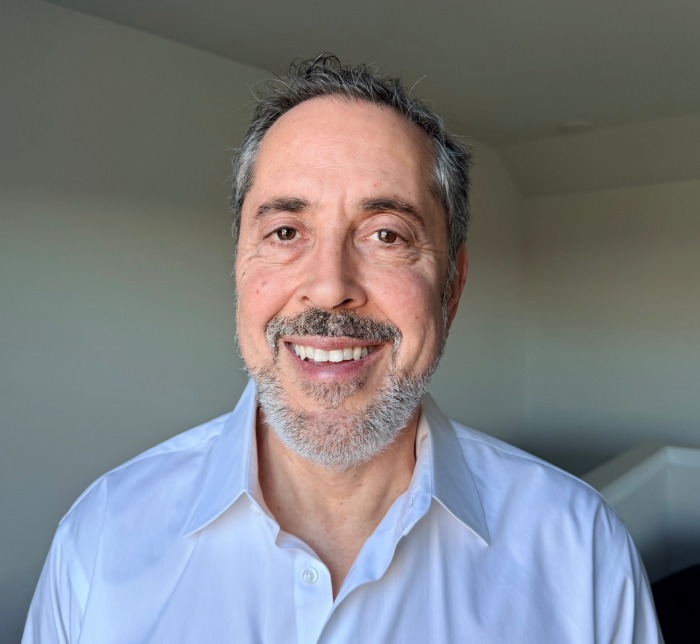Integrative Healthcare: Same Camp, Many Tents
By Glenn Sabin

It never fails to amaze how this growing but still fragmented subset of medicine that is integrative healthcare is comprised of so many loosely affiliated groups and monikers. Here’s a partial list: Integrative Medicine, Functional Medicine, Holistic Medicine, Preventive Medicine, Lifestyle Medicine, Longevity Medicine, Naturopathy, Traditional Chinese Medicine and Complementary and Alternative Medicine, Chiropractic Medicine, Ayurvedic Medicine.
While clearly differing in their unique approach and purview, these groups espouse many of the same basic tenets found across their delivery of integrative healthcare, i.e.: prevention, wellness, diet/nutrition and the medicinal qualities of food, stress reduction, exercise, and self care all now falling neatly under the growing umbrella concept of whole person care—treating the mind, body and spirit.
And Let’s Not Forget the Subsets and Further Specialties!
There’s Integrative Oncology, Integrative (or Holistic) Primary Care, Integrative Pain Management, Integrative Cardiology, Integrative Rehabilitation, Integrative Urology, Integrative Pediatrics, Integrative Psychotherapy, Integrative Palliative Care, Integrative Hospice Care, Integrative Gynecology and more (again, I know I’ve omitted several).
Every time I visit a center there’s another service line manager or physician champion looking to get their department “integrated.” Is this a bad thing? No. It simply means more and more practitioners realize that their patients require additional care beyond treating systemic, chronic or acute conditions or pathology.
It’s the combination of consumer demand, sustainable business practices and a growing research literature base that will ultimately push integrative healthcare to the forefront of standard of care. It will then simply be called “good medicine.”
But meanwhile: are all these different integrative health groups and their journals, conferences and discrete efforts necessary? Is there overlap? Is everyone rowing in the same direction? Are they speaking to one another? Could they be? Should they be? I realize that, as a loose example, a functional medicine approach is likely to be different than one undertaken in preventive medicine. Although a functional medical approach can help prevent chronic disease in the first place, it can also restore health to those who fail at (or don’t adopt) disease prevention through lifestyle and behavior change alone, which is the primary focus of preventive medicine. Follow? What attribute, goal, characteristic of service, or assumptions do they all share?
Enjoying this article? Subscribe and get our latest, delivered straight to your inbox.
I don’t claim to have the answers. What I do know is that a still poorly understood yet vibrant area like integrative healthcare only becomes stronger in numbers. The various tents that comprise the camp—or the movement—will ultimately make integrative healthcare delivery stronger and more accessible as collaborative efforts increase. The factions of integrative healthcare should come together where there is common focus on healing approaches and outcomes in such areas as prevention, health/environmental/agricultural policy, public education and, importantly, whole systems research. In my assessment, this will propel integrative healthcare to its rightful place.
A highly organized, solid agenda and well-facilitated retreat with the integrative healthcare stakeholders around the table could conceivably accomplish amazing progress for this field. There have been multi-disciplinary integrative healthcare retreats in the past with varying outcomes. Most notable was the 2009 national Summit on Integrative Medicine and the Health of the Public, presented by the Institute of Medicine and the Bravewell Collaborative. The field’s most influential leaders presented an unprecedented and powerful collective vision of the potential of integrative medicine in US health, and did so at the same time the Affordable Care Act was being written. The ACA subsequently embedded integrative concepts in US health policy for the first time. But the vision of the Summit and potential of integrative practice as set out in the ACA remain little known and very under-appreciated.
Imagine building even modest consensus in key areas such as media relations, public education, consumer messaging, research design and public policy? Consistent messaging across the camp would create power in numbers—and accelerate the adoption of integrative healthcare as the standard of care.
About FON
FON is a leading integrative health and medicine business development and strategy consulting firm. FON specializes in custom solutions for growing patient volume, developing programs, and increasing product sales. Our practical business models are driven by innovative marketing, clear messaging, and customer engagement via branded storytelling.
Contact us today to schedule a complimentary 30-minute consultation to discuss your business development or personal brand needs.

Glenn Sabin, founder of FON and author of n of 1, is a nationally recognized thought leader who positions health innovators, enterprises, and organizations for sustainable growth. Leveraging deep experience in media, strategy, marketing, and business development—and his own compelling cancer journey—he champions personalized medicine and the generation of real-world data and evidence to help define a new, accessible standard of care.
Read Glenn’s story.




















